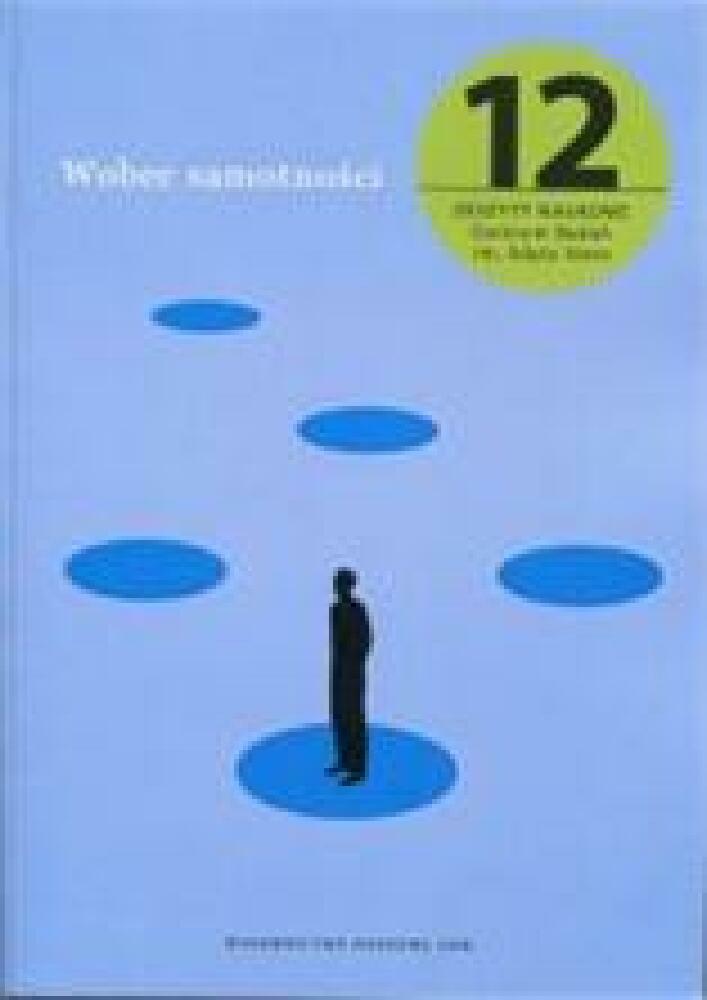Abstract
The paper presents an attempt at a reflection on the experience of solitude, sadness and depression in the modern Christian community of faith. Solitary people in the Old Testament (e.g. orphans, widows and exiles in the Book of Deuteronomy and in the prophetic books) become the ethical foundation of Israel’s community, and in the New Testament the weeping receive one of Jesus’ eight benedictions; however, in the
course of time the sadness of solitude often turns out to be a stigma of exclusion from the community of faith rather than an object of the messianic promise. In order to return to biblical sources, it may prove useful to enhance the value of the Jewish dimension of faith
(the value of existential emunah of Judaism against the dogmatic pistis of Christianity, cf. Buber). In light of Kristeva’s concept, only such a reading of biblical texts (e.g. Psalm 88) can give voice to the experience of depression, bringing language/life into the space of
what is asymbolic, and to death. The second part of the paper proposes a new interpretation of the gospel, brought to
the community by an isolated individual, through the reading of Notatnik (1965-1979) (The Notebook) by Anna Kamieńska. Not only is it a powerful literary record of the experience of solitude, but it also exposes the consoling content of faith, denounces its proper
mechanisms of social exclusion and projects (proposes?) a Christian community that would be cemented by solidarity and the capacity for self-questioning.
